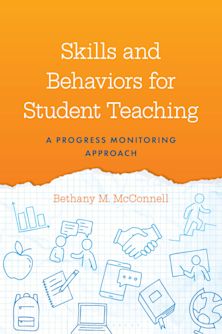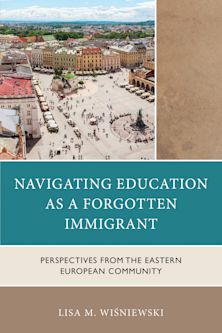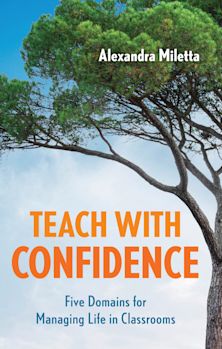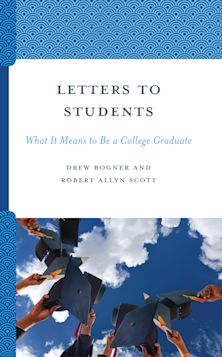Regime and Education in Zimbabwe
Unpacking Post-Independence Curriculum Crisis
Regime and Education in Zimbabwe
Unpacking Post-Independence Curriculum Crisis
This product is usually dispatched within 2-4 weeks
- Delivery and returns info
-
Flat rate of $10.00 for shipping anywhere in Australia
Description
This collection focuses on the post-independence educational development in Zimbabwe. It shows how the ZANU PF regime has presided over the demise of education, and covers a wide range of topics such as violence against teachers, poor salaries, student activism, minority languages, and curriculum innovations. This volume argues that the regime has used education as a tool for repression. Curriculum innovations introduced and implemented in Zimbabwe have little to do with improving the performance of the learners, and more to do with stopping teachers from pushing the regime change agenda. Consequently, this has resulted in a nation in crisis, marked with high turnover, poor economy, and mass exodus of teachers and learners. The contributors to this volume make various suggestions which could recenter education towards addressing the experiences of the learners, as opposed to being used as a tool to push repression and thwart democracy.
Table of Contents
Chapter 1: Religious Education as an Ideological Tool in Zimbabwe: Unpacking the Strategy of the Regime by Bekithemba Dube
Chapter 2: The Regime, Education and Training, and Human Capital: Return on Investment in Zimbabwe by Albert Mufanechiya and Bekithemba Dube
Chapter 3: Regime Enablers Among Student Activists: ZICOSU, a Case of Incentivised Student Activism at Zimbabwe’s Tertiary Institutions at the Turn of the Millennium by Baldwin Hove and Bekithemba Dube
Chapter 4: The Regime, Rural Communities, Use of Schools and Impact on Education in Zimbabwe by Bekithemba Dube and Albert Mufanechiya
Chapter 5: The Regime and Minority Languages in Zimbabwe: Prospects and Challenges by Cordial Bhebe and Bekithemba Dube
Chapter 6: Regime and Curriculum Innovation in Zimbabwe. A Dehumanised and Terrified Teacher in the Context of Performativity by Bekithemba Dube and Sikhathele Dube
Chapter 7: Regime and School Violence in Zimbabwe: Problematising the Overlooked Correlation Between Political Violence and Instability in Schools by Bekithemba Dube and Gift Masengwe
Chapter 8: The Regime and Lecturers in Higher and Tertiary Education State Institutions in Zimbabwe by Albert Mufanechiya and Bekithemba Dube
Chapter 9: The Regime and the Implementation of IsiNdebele in the Competency-based Curriculum in Zimbabwe by Cordial Bhebe and Bekithemba Dube
Chapter 10: The Rural Teacher and the Regime in Zimbabwe by Bekithemba Dube and Albert Mufanechiya
Product details
| Published | 15 Jun 2024 |
|---|---|
| Format | Hardback |
| Edition | 1st |
| Extent | 206 |
| ISBN | 9781666953121 |
| Imprint | Lexington Books |
| Dimensions | 237 x 160 mm |
| Publisher | Bloomsbury Publishing |
Reviews

ONLINE RESOURCES
Bloomsbury Collections
This book is available on Bloomsbury Collections where your library has access.


































